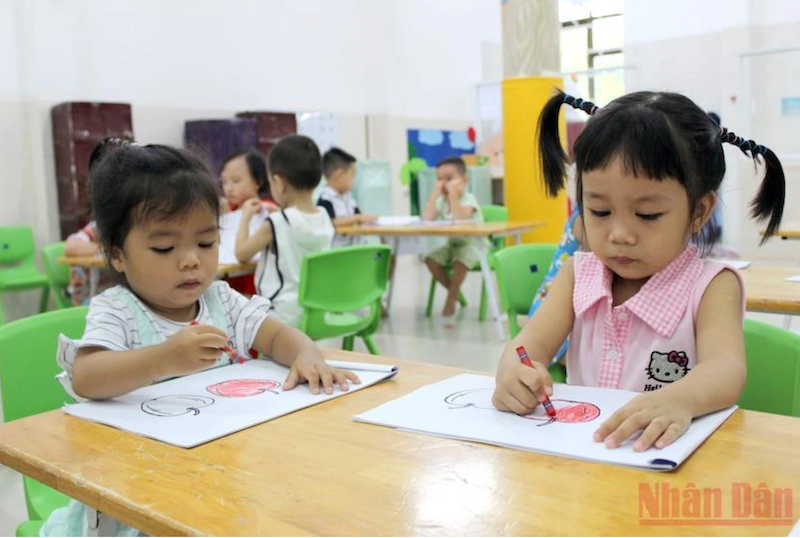
There are still nearly 300,000 preschool children who have not yet started school.
According to the report of the Ministry of Education and Training , the network of preschool education facilities has now spread widely to all communes, wards and villages across the country, increasingly meeting the needs of sending children to school. The conditions for child care and education as well as the quality of child care and education have been improved.
According to the Ministryof Education and Training, every year there are over 5.1 million preschool children, of which 4,556,771 are preschool-age children from 3 to 5 years old, being nurtured, cared for, and educated at 15,256 preschools and 17,444 independent preschool education facilities, with a preschool enrollment rate of 93.6%.
However, preschool education still faces many difficulties, especially with nearly 300,000 preschool children not yet attending class, mainly children in remote areas, disadvantaged areas, and children in special circumstances.
Strong progress in sustainable human resource development strategy
On June 26, the National Assembly passed a Resolution on universalizing preschool education for children aged 3 to 5, marking an important milestone in the process of perfecting the institution for comprehensive educational development, especially preschool education, towards building high-quality human resources right from the early stages of life.

According to the Ministry of Education and Training, the National Assembly's approval of the Resolution on universalizing preschool education for children from 3 to 5 years old is a strong step forward in the strategy for sustainable human resource development.
“Preschool is the golden period for children’s physical, cognitive, emotional and social development. Investing in preschool education is investing in the future of the country. Universal education for children aged 3 to 5 creates a foundation for equal access to education, helping all children have the opportunity to develop their individual potential to the fullest,” affirmed the Ministry of Education and Training.
The Ministry of Education and Training expects the Resolution on universalizing preschool education for children aged 3 to 5 to directly contribute to improving population quality. Children who are cared for, nurtured, and scientifically educated from an early age will have a good foundation in health, intelligence, and personality, and will be ready to enter grade 1 and study better at the next levels. This is a key factor in the transition from a “large population” to a “high-quality golden population”, meeting the requirements of rapid and sustainable development in the context of digital transformation and deep international integration.
Universalizing preschool education clearly demonstrates social security and equity policies. Children in remote areas, ethnic minority areas, industrial zones, etc. will be given priority by the State to ensure their right to education, thereby narrowing the development gap between regions and target groups. The Resolution also demonstrates the strong commitment of the Party and State to put children at the center, leaving no one behind on the development journey.
The adoption of the Resolution is a major policy with a long-term vision, contributing to building a fair, humane and comprehensively developed education system - in line with the spirit of "education is the top national policy" that our Party and State always steadfastly implement.
The Resolution on universalizing preschool education for children from 3 to 5 years old sets the target by 2030: 100% of provinces and centrally run cities will meet the standards of universalizing preschool education for children from 3 to 5 years old.
The Resolution stipulates 5 groups of mechanisms and policies for implementation, including: (1) Investing in developing the network of schools and classes and ensuring facilities and teaching equipment according to regulations; (2) Ensuring sufficient number of preschool teachers according to prescribed norms; (3) Ensuring regimes and policies for children from 3 to 5 years old, management staff, teachers and staff in preschool education institutions; (4) Mobilizing social resources to develop preschool education according to the provisions of law; (5) Prioritizing the development of preschool education in areas with especially difficult socio-economic conditions, ethnic minority areas and mountainous areas, border areas, islands, coastal areas, densely populated areas, areas with industrial parks, clusters and export processing zones.
Source: https://nhandan.vn/buoc-tien-moi-trong-cham-soc-va-phat-trien-giao-duc-cho-tre-em-post889925.html





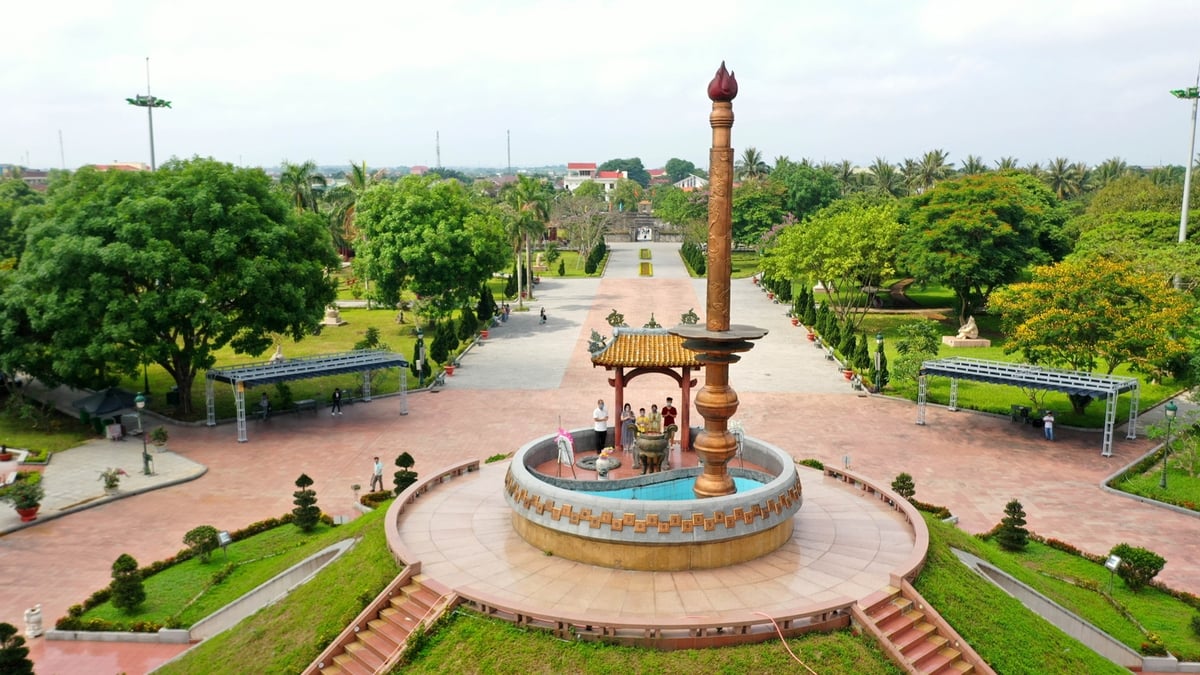
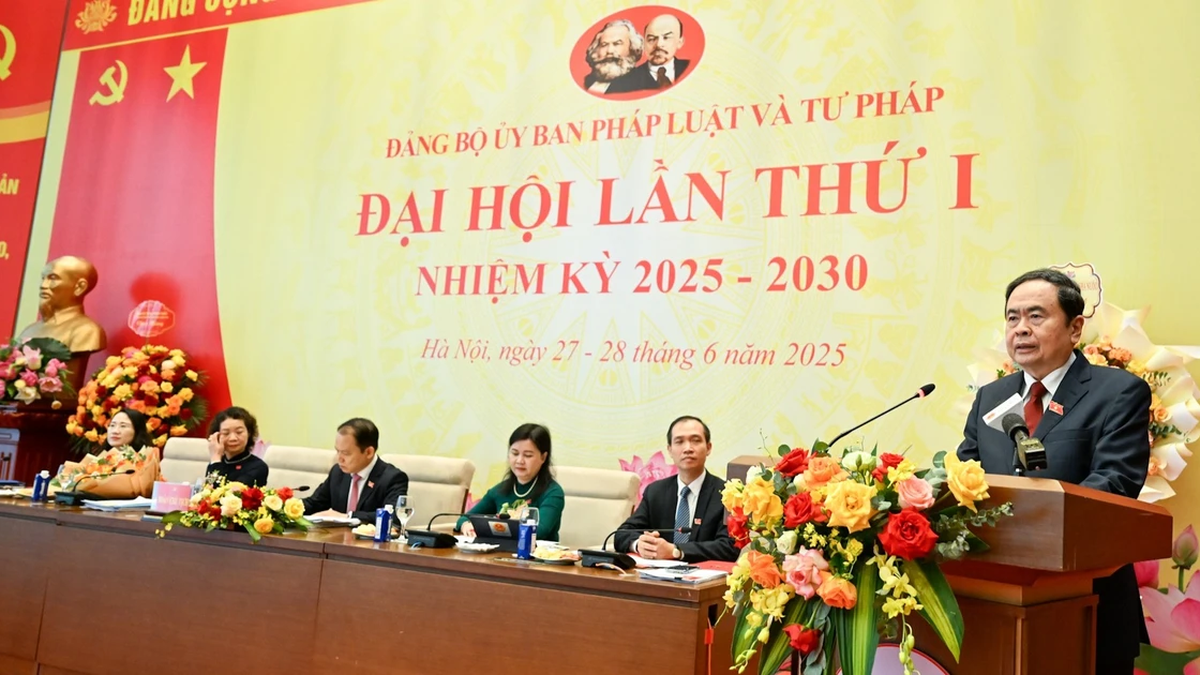

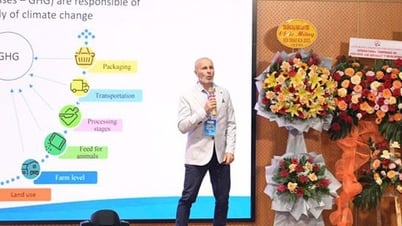

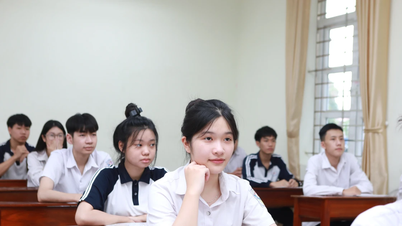











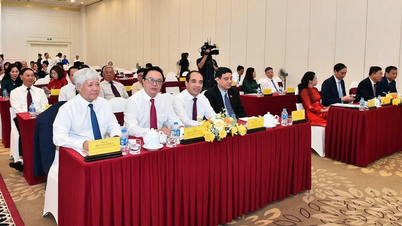

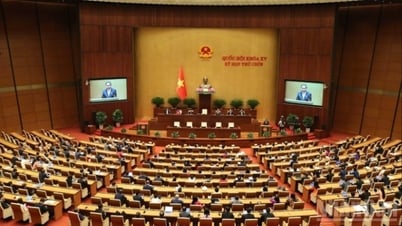
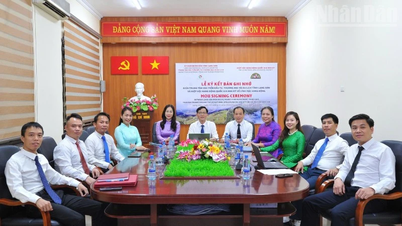
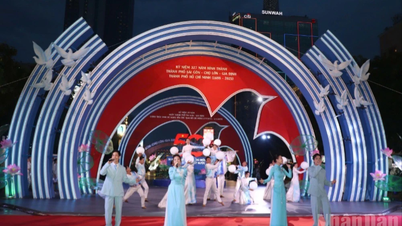
![[Video] Russian Film Week in Vietnam 2025](https://vphoto.vietnam.vn/thumb/402x226/vietnam/resource/IMAGE/2025/6/28/c4c3a7980264492ab542dc63c5d9c0c0)

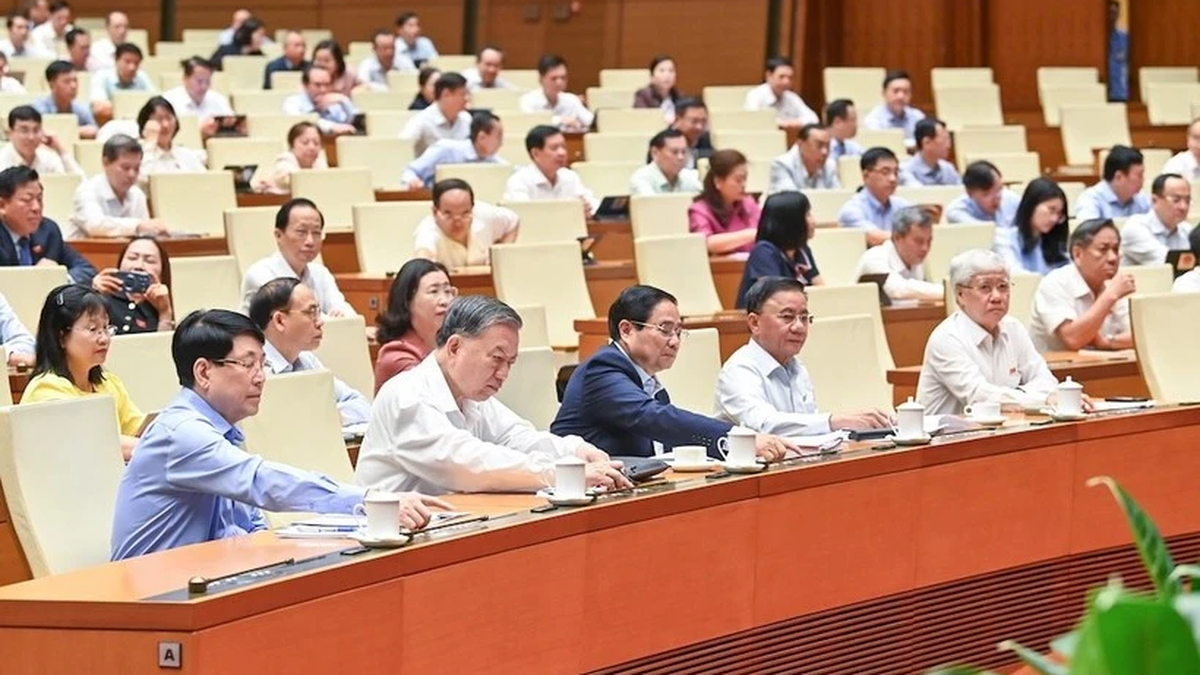






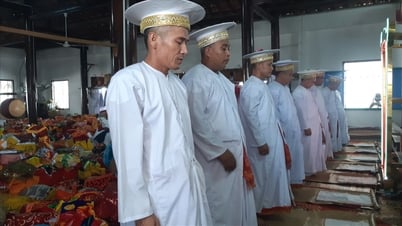







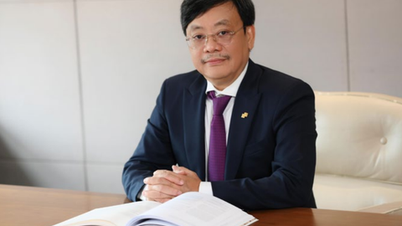





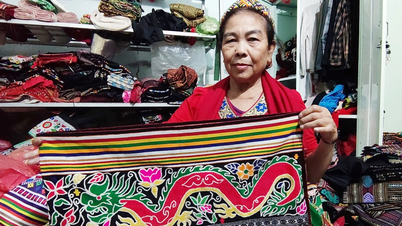



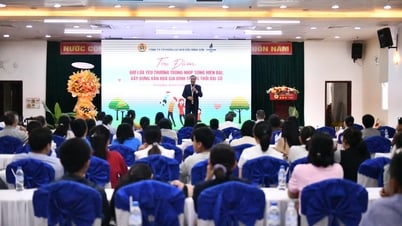






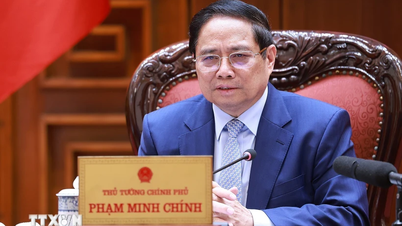


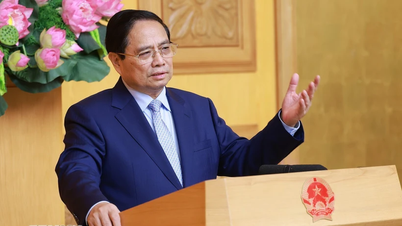
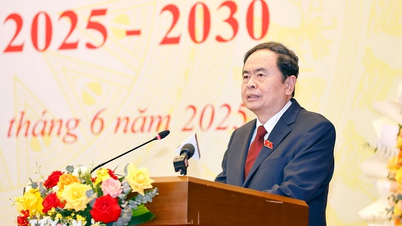

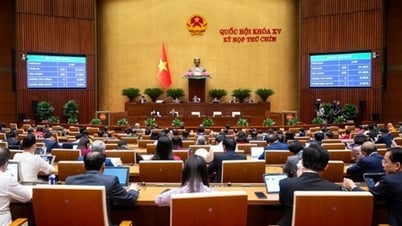



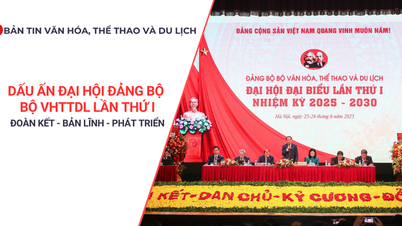


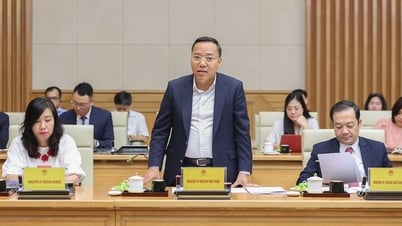























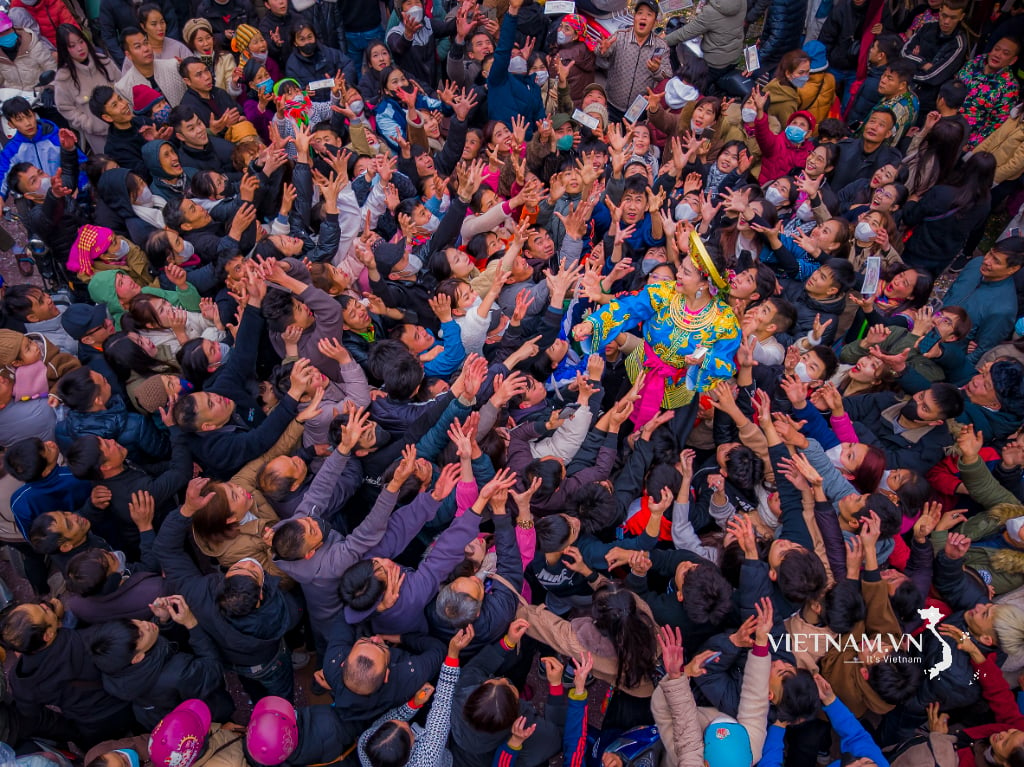

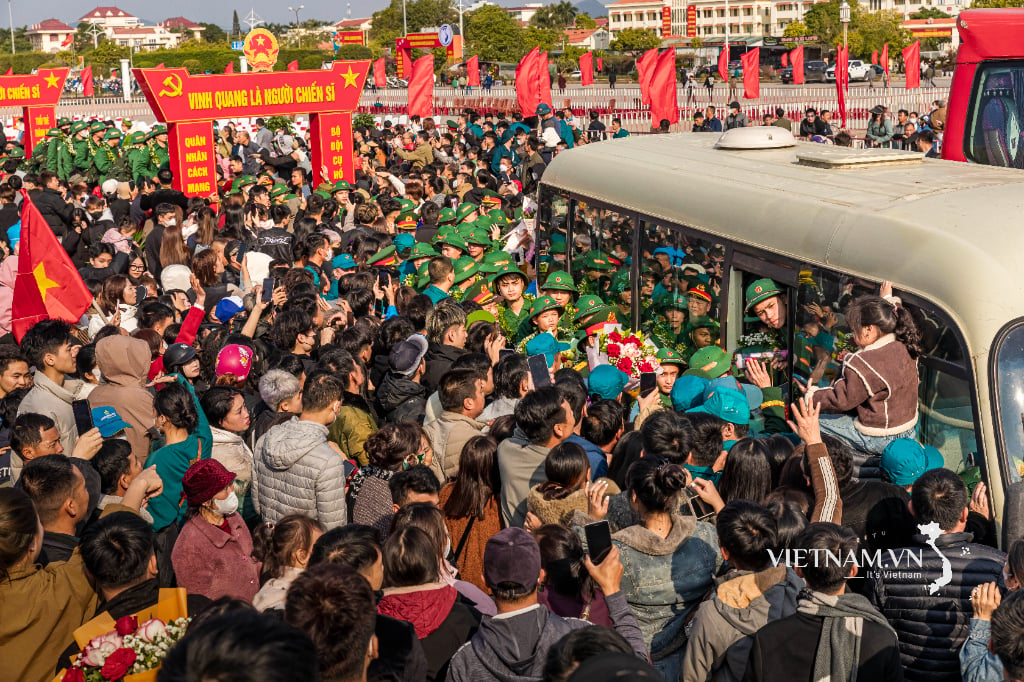

Comment (0)